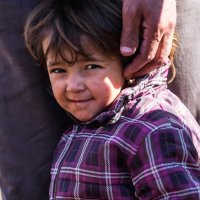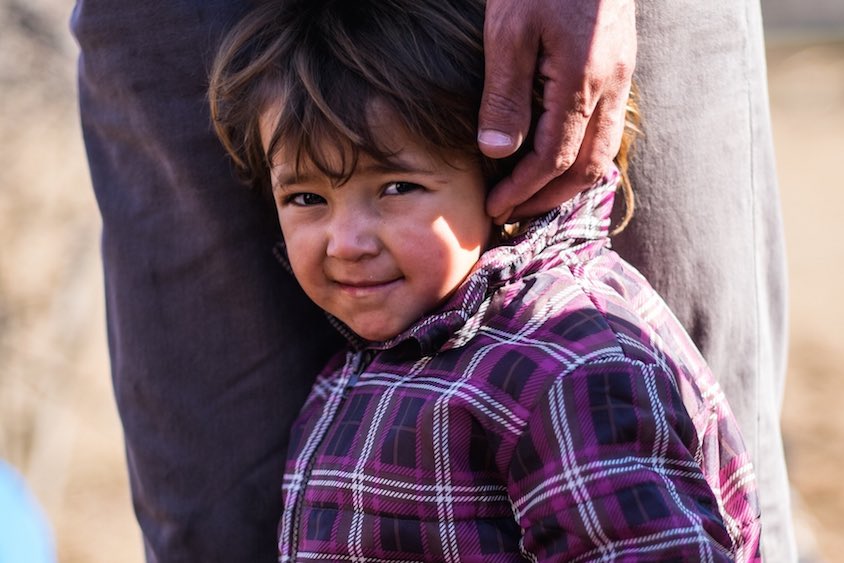A new report covered by Christianity Today last week identified the 50 countries where it’s hardest to be a Christian. Number two on that list is Iraq, the country that has been my family’s home for nearly a decade now.
I can confirm something for you: it is hard to be a Christian in Iraq.
I know.
I know the fear that pulses through your body the moment you learn a fatwa has been issued against you, calling for your death. I know what it’s like to be the only Christian in a room full of armed Muslim leaders who don’t much care for what you have to say.
I know what it feels like to have your house bugged and your movements tracked. I know what it’s like for terrorists with a bomb to target your office.
I know it’s hard to be a Christian in Iraq. And for Iraq’s indigenous Christian community, it’s even harder—more so than anything I’ve ever had to experience.
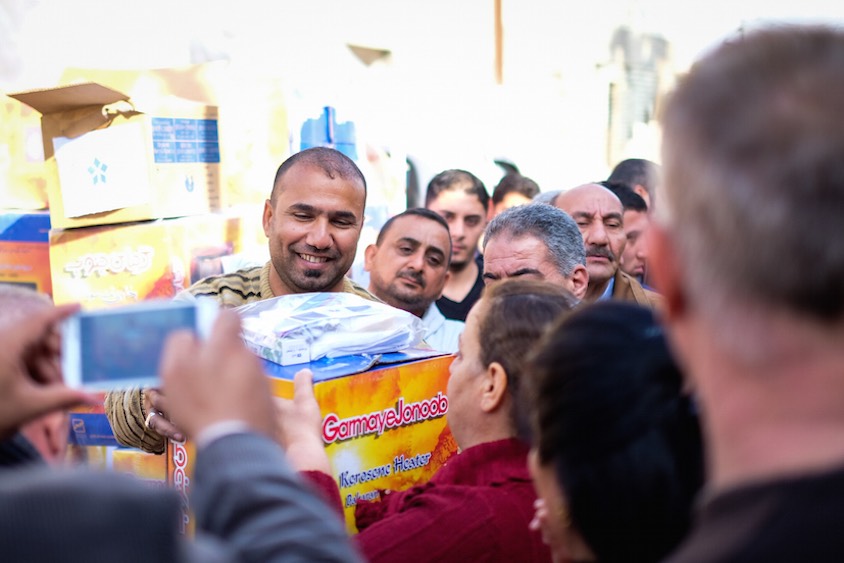
Christians once maintained a vibrant presence in Iraq, numbering around 1.5 million prior to the US-led invasion in 2003. Even before ISIS roared onto the scene in 2014 with their murderous, hate-filled agenda,the number of Christians in Iraq had dwindled to around 400,000.
When ISIS seized Iraq’s second largest city, Mosul—home to one of the oldest Christian communities on the planet—followers of the Nazarene were targeted. Their homes were marked. They were given only four options: pay a tax, convert, leave, or die.
It’s hard to be a Christian in Iraq.
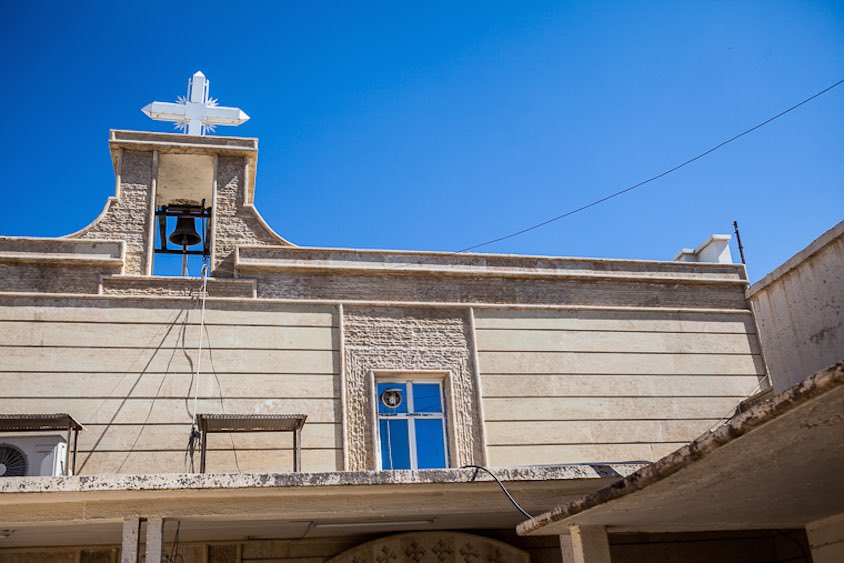
But that’s not the only truth we should confess, lest we become an inward, insular people consumed by “looking after our own.”
The truth is, it’s hard to be a Yazidi in Iraq.
It’s hard to be a Turkmen in Iraq.
It’s hard to be a Sunni Muslim in Iraq.
It’s hard to be a Shia Muslim in Iraq.
Sectarian violence and mistrust has hurt everyone. Years of conflict, sanctions, and more conflict decimated Iraqi society—including its social safety nets. The number of children with birth defects skyrocketed. Millions have been displaced by ISIS, the ruling regime, and the militias that set out to fight ISIS. These children were not just Christian or Muslim or Arab or Kurdish.
Suffering affects everyone—across sectarian lines.

As ISIS went after Christians in Mosul, they also targeted Yazidis in Sinjar, about 80 miles to the west. They kidnapped, raped, and enslaved Yazidi women. An estimated 50,000 Yazidis were besieged and trapped atop an arid mountain, slowly dying of thirst.
Like Christians, Yazidis are a religious minority in Iraq who have been targets of persecution. Some Muslims and Christians have branded Yazidis as “Satan worshippers,” because of a flawed understanding of Yazidi worship. Such a derogatory label has been like a target on their backs.
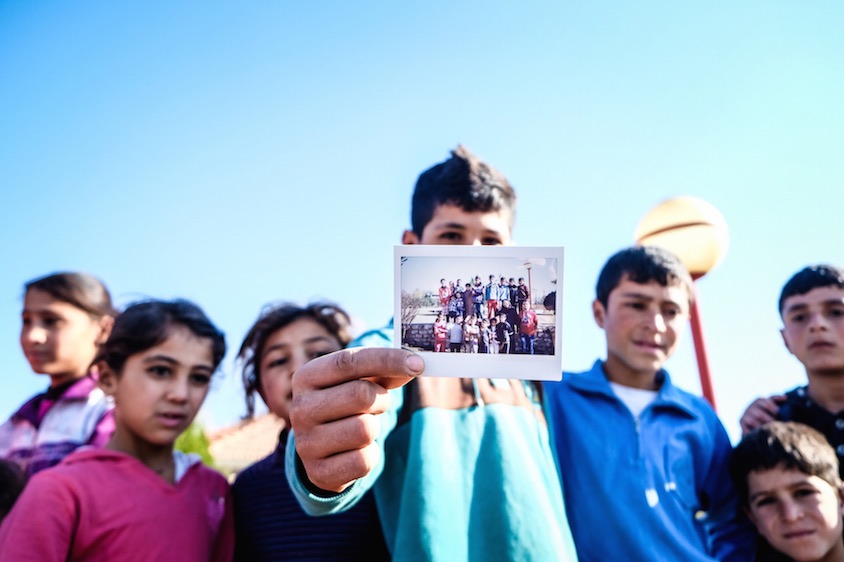
As a Christian, I want us to stand with all the persecuted peoples of Iraq, not just those who share the same faith as me.
I want us to get equally worked up about Yazidi suffering, Sunni suffering, and Shia suffering. It’s not enough to care only for those I deem to be “my people.” The essence of following Jesus is to give ourselves away for those who are different than us.
Christians say Jesus was holy. He died for sinners. Jesus was God’s Word. He died for God’s enemies. Jesus was a Jew. He died for all of those who were not Jews. Following Jesus is nothing if it is not concerned for the well being of “the other.” It is to follow the one who challenges and stretches our definition of “neighbor” to include those of different faiths, creeds, and ideologies.
Yes, we should care about the suffering of our Christian sisters and brothers in Iraq. No one is debating that. But we shouldn’t stop there. We should also care about other groups who have been targeted, persecuted, and oppressed.
Some days, it’s hard to just be in Iraq, regardless of which group you belong to. But even that’s not the whole story. Because some days, Iraq is beautiful.
Some days, you see people reach across enemy lines in ways that make your heart beat a little faster. Some days, Shia doctors work around the clock to save the lives of Sunni children.
Some days, you meet people like Fadeela, a woman who lost everything to violence—and took in ten orphaned children anyway.
Some days, I can echo the words of Hassan, whose son recently got a lifesaving heart surgery after his family fled from ISIS: “I believe Iraq is still a good place. The nature of Iraq’s people hasn’t changed. There is still good in the world.”
Yes, some days it’s hard to be a Christian in Iraq. But when we learn to see and reach across enemy lines, it can also be staggeringly beautiful.
Photos (from top): a displaced Yazidi child, emergency aid distribution at a church in Baghdad, Christian church in Kirkuk, Yazidi children driven from their homes by ISIS

